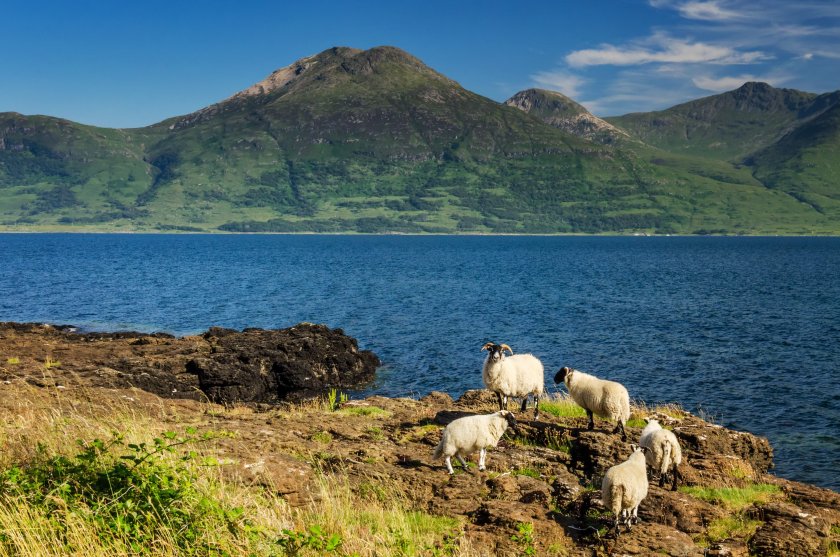
A new study seeks to gather the views of rural island communities in Orkney, Shetland and the Outer Hebrides on the forthcoming agricultural and land use policy changes.
The project will consider the risks and opportunities for these communities arising from the proposed policy changes as support becomes increasingly ‘conditional’ based on climate outcomes.
It will be led by Steven Thomson, who is professor in Agricultural Economics and Policy at Scotland's Rural College (SRUC).
The study, which was provided with a research grant of £100,000, will provide a stock take of agriculture on the islands.
This will include long-term trends, as well as considering the additional costs associated with agricultural activity in these areas.
Researchers will also consider the relative importance of agriculture, underpinned by agricultural support payments, to the islands’ economies and communities.
Professor Thomson said it was 'a very exciting opportunity' for researchers to take a close look at the agricultural situation in island communities, identifying concerns and opportunities.
"This project is important as it will allow us to consider, in full, what proposed changes in agricultural policy might mean to agriculture and the wider rural economies on these islands," he said.
"We know that some island economies are very heavily reliant on agriculture which, when coupled with ageing populations, poses risks to local economies and even to public services."
Funded by the Scottish government’s community led local development fund, the project was commissioned by the Orkney Local Action Group (LAG).
It will gather insights from farmers and crofters through a combination of in-person and online events, as well as the submission of written views.
This will be used to inform recommendations fed back to Scottish government policy makers.
The launch of the study coincides with the current passing of the Agriculture and Rural Communities Bill through the Scottish parliament.
